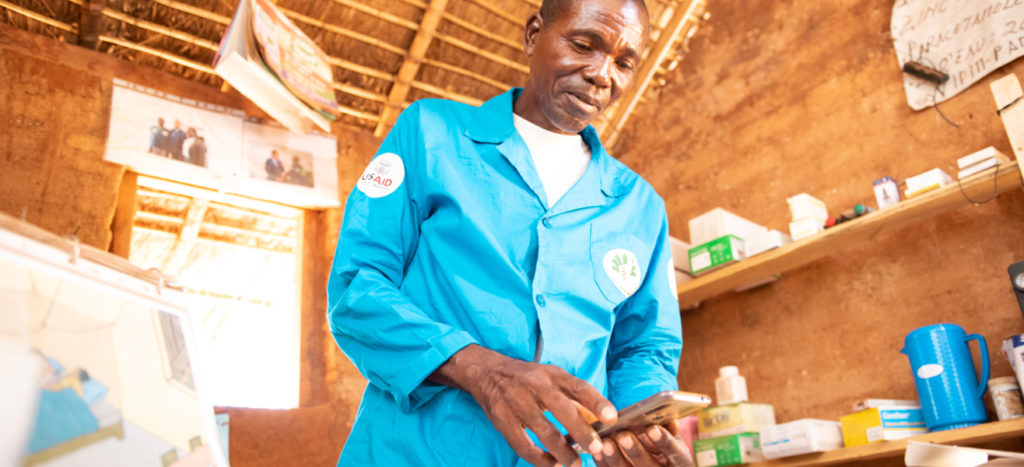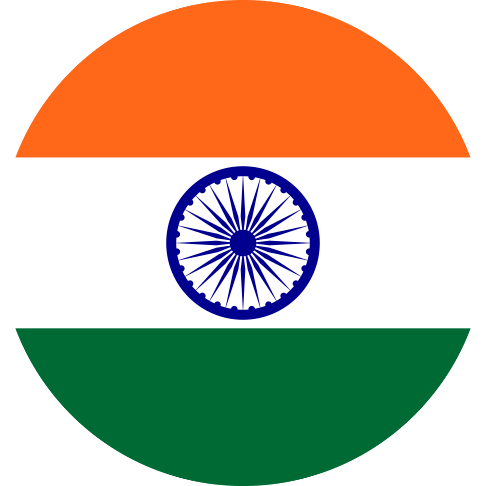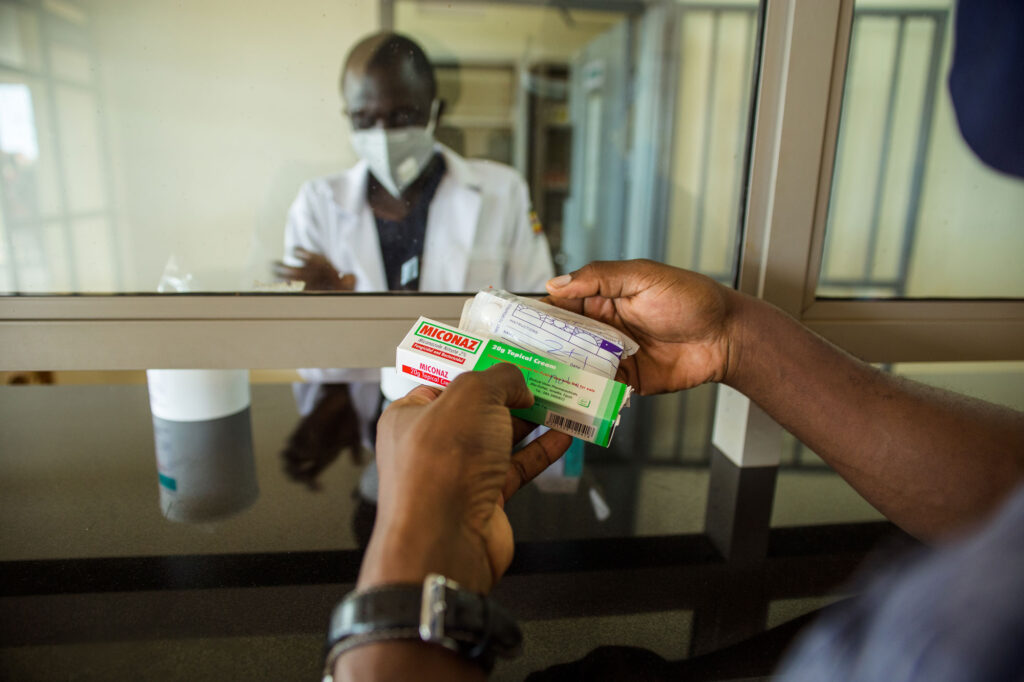Where We Work
Where We Work
Every year, MSH partners with dozens of countries to strengthen the foundations of their health systems. Currently we work in more than 30 countries and since 1971, have worked in more than 150 countries. Some of our projects are country-specific and some are global, covering many countries across a technical area. We welcome you to explore all of these below.


